This concludes a summer of blog posts related the ten traits of globally fluent metro areas. These 10 traits have proven to be particularly strong determinants of a metro area’s ability to succeed in global markets, manage the negative consequences of globalization, and better secure its desired economic future
Brookings’ series documenting the 10 traits of globally fluent metro areas ends with Compelling Global Identity because this trait encompasses how a region embodies its accumulated traits on a global scale. Any globally aspiring metro area must build and retain a recognized identity and reputation (a brand) outside its own country.
Three reasons illustrate why a compelling global brand amounts to much more than simply effective marketing. First, an identity provides city leaders with the glue that can bind people and institutions around a clear notion of who they are and what they intend to be. Second, it forges a unified outward face when a city advertises and sells its products and services in global markets. And third, enduring identities help cities manage change and adjustment through volatile cycles. In an age of opportunity but also doubt, identity provides confidence; it helps cities make decisions about priorities.
Building a new brand certainly carved a new spirit and momentum for Barcelona.
Once regarded as a poor relation of Spain’s long-favored capital Madrid, Barcelona began its ascent during a period of economic and political modernization in the 1980s. Under visionary Mayor Pasqual Maragall, Barcelona built on this momentum through deliberate strategies to transmit its multilingual, fun-loving, and cosmopolitan personality, and backed up this character with high-quality urban and waterfront re-design.
Public, private, and civic leaders used the 1992 Summer Olympics to mobilize support for new forms of place-making and investments in art, architecture, design, and sport. These investments captured the imaginations of local and international audiences, and changed Barcelona’s global status forever. The consolidation of a unique brand has been a key tool for converting Barcelona’s aesthetic exhilaration—embodied by Barcelona Football Club—into business dynamism.
Barcelona now presents one unified image to global markets. The city’s leadership recognizes that international students can one day become trading entrepreneurs, that convention attendees may be convinced to relocate, or that tourists may also become investors. A coherent identity across these markets means the region does not have one pitch for tourists and another for investors, residents, students, or institutions. They have a unified proposition.
Finally, a credible and unifying brand has also helped Barcelona withstand recent economic turmoil. Despite current economic and fiscal challenges, the freshness of Barcelona’s entrepreneurial leadership has translated into an ethos of learning from others, and into bold investment in “next cycle” sectors such as mobile technology and electric vehicles. It also informs Barcelona’s new ambition to become a capital of the Mediterranean, with a global inspiration for smart urban design and progressive technologies.
Global identity is not just about having a slogan, logo, or marketing and sales strategy. Some of these may have their uses, but not all globally successful metro areas have or need them. Indeed, in Barcelona there has been very little explicit creation of logos, slogans, or merchandising. Rather, branding Barcelona is about integrating its set of assets, ideas, values, opportunities, and aspirations in a unified face to the world.
The Brookings Institution is committed to quality, independence, and impact.
We are supported by a diverse array of funders. In line with our values and policies, each Brookings publication represents the sole views of its author(s).
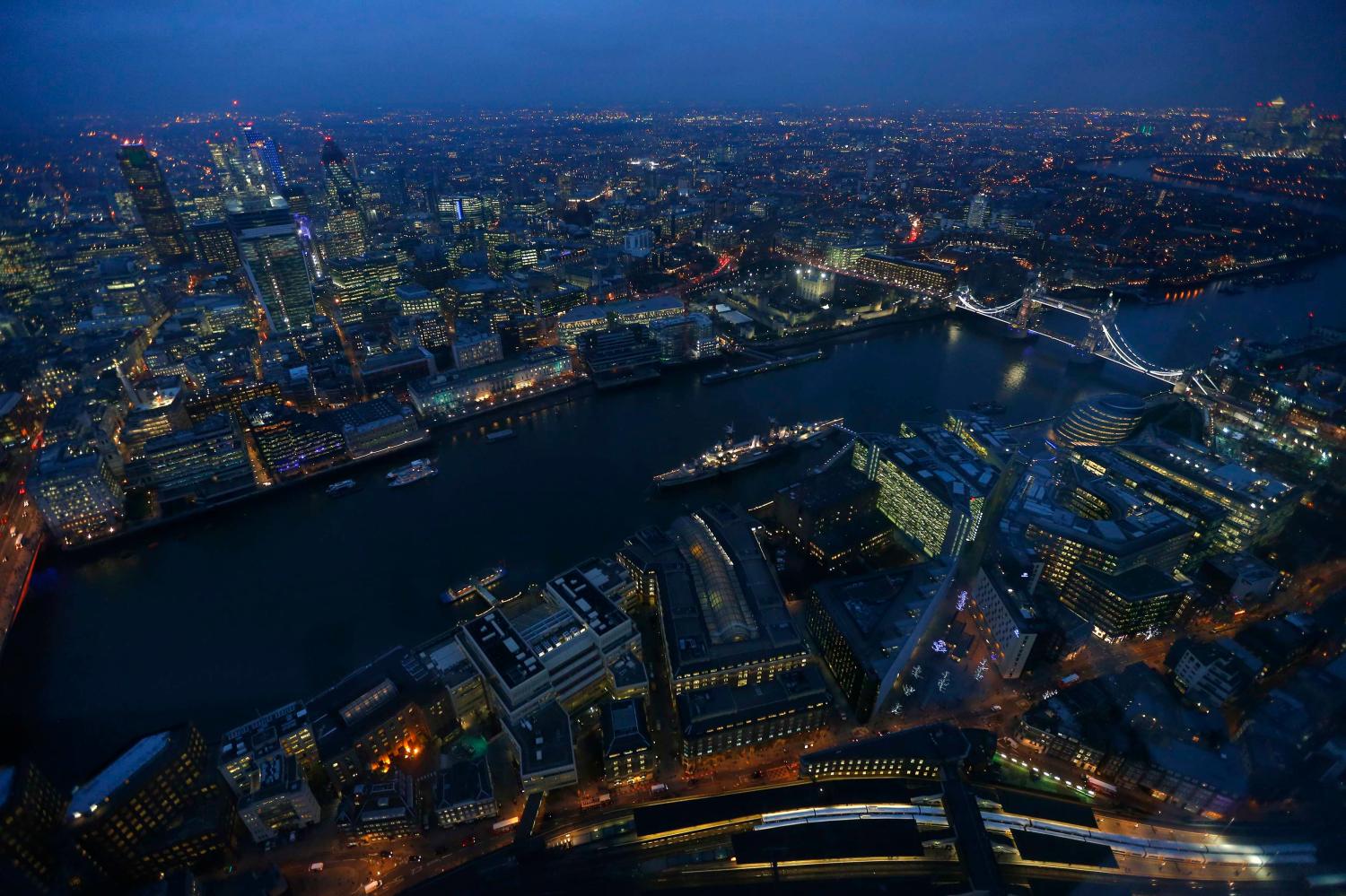
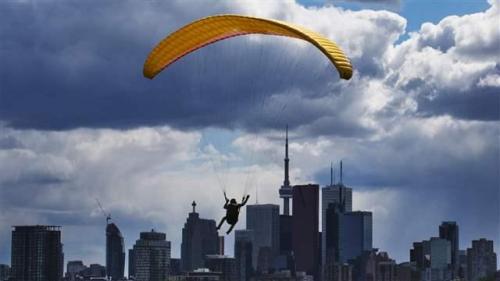
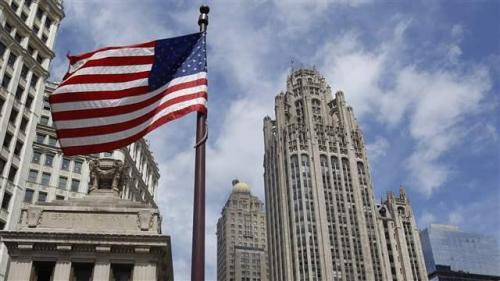
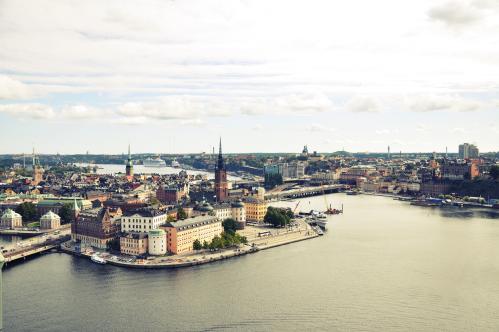
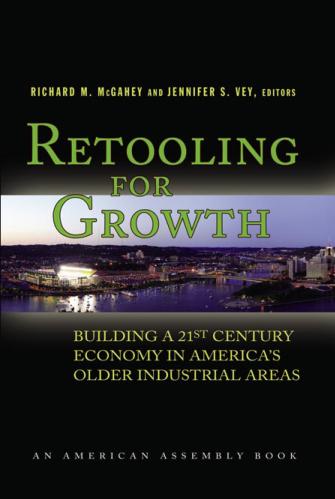

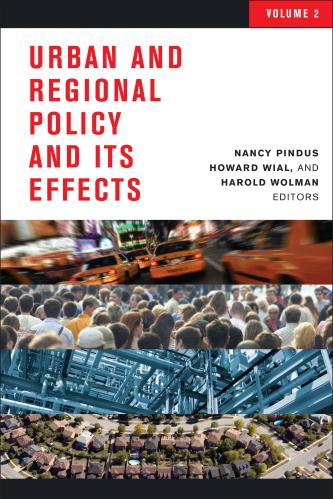


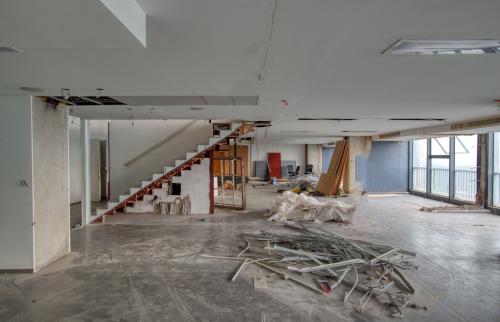


Commentary
The 10 Traits of Globally Fluent Metro Areas: Barcelona’s Compelling Global Identity
September 3, 2013